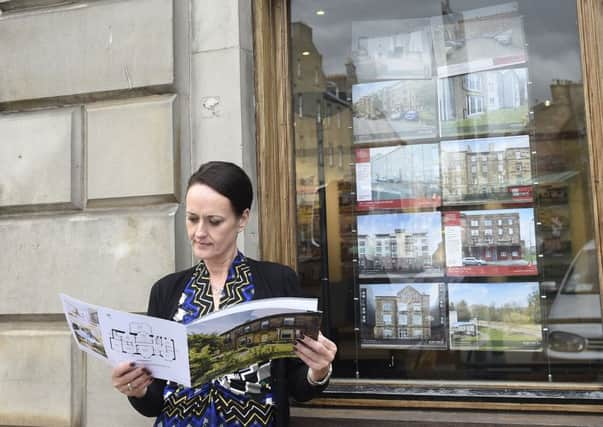Beware unforeseen consequences of rent controls


One side of the debate is fuelled by reports of record rental increases (based on studies of advertised rents of new properties coming on to the market rather than actual rents paid), while, on the other, evidence abounds from tenants, landlords, the Office of National Statistics, and the Scottish Government’s own statistics, of reasonable rent setting. When what is needed is a strong, modern and sustainable private rented sector (PRS), it is regrettable that much of the debate has been driven by misconceptions about rent rises and calls for their control.
In Scotland, the PRS is home to more than 330,000 diverse households from families, to students, young professionals, across all income groups. It has been growing at an unprecedented rate as people take longer to get on to the property ladder and social housing waiting lists get ever lengthier. As in any market, what drives up prices is lack of supply. What Scotland needs is more housing and at PRS4Scotland we are advocating a collaborative approach to solving this issue, based on a much broader frame of reference.
Advertisement
Hide AdAdvertisement
Hide AdAdvocates of rent control often cite Germany as providing both tenant and landlord with a predictable and secure relationship, therefore allowing for longer term investments. However, where forms of rent control exist, such as in Berlin, they have been balanced by tax incentives and land releases designed to promote supply and encourage private investment in the sector.
Germany has a tax structure that is predominantly tenure neutral and mortgage lending that is stricter. It also has a fiscal and planning environment that has encouraged investment in new homes and tax benefits weighted towards investment in PRS. Cherry picking one aspect of German housing policy and ignoring the others does not lead to better policy here.
Interestingly, Germany has recently experienced sharp rises in rent in its major cities, with landlords applying the maximum increases allowed, creating pressure for even more rent control. However, economists at the IW Institute and at the Bundesbank are warning against a ‘knee jerk’ reaction, stating that international experience shows that the withdrawal of investors from the market will have negative consequences for tenants. The Bank of England is also concerned about the risks to financial stability of buy-to-let investors rapidly leaving the market because of shocks from possible interest rate rises.
More broadly, other issues can arise from rent control including the reduction of supply as landlords leave the sector and tenants remain in a (sometimes unsuitable) property longer and choose not to move and face higher rents.
These unintended consequences of rent controls lead to the prevention of development, social bias and legal issues. Landlords may choose to be more selective once again harming those who are struggling with affordability.
The largest ever survey of Scottish private rented tenants carried out by Lettingstats (Dec 2014) found that 86 per cent of those questioned had never received a request for a rent increase during a lease agreement.
While not wishing to deny there are some bad landlords, let’s establish that the vast majority conform to Scotland’s robust regulations to improve standards and act fairly.
Rather than polarising debate, let’s build a distinct Scottish private rented sector that delivers for all participants and creates a model others can follow.
Dr John Boyle is an economist, Director of Research & Strategy Rettie & Co and a spokesperson for PRS 4 Scotland.